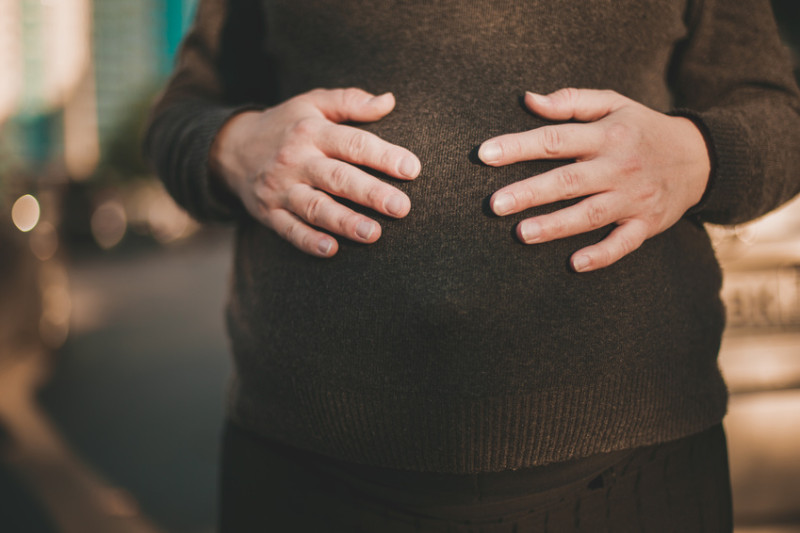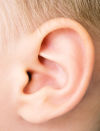
Women exposed to high levels of fine particulate matter specifically during pregnancy--particularly during the third trimester--may face up to twice the risk of having a child with autism than mothers living in areas with low particulate matter, according to a new study from Harvard School of Public Health (HSPH). The greater the exposure, the greater the risk, researchers found. It was the first U.S.-wide study exploring the link between airborne particulate matter and autism.
Related Articles
"Our data add additional important support to the hypothesis that maternal exposure to air pollution contributes to the risk of autism spectrum disorders," said Marc Weisskopf, associate professor of environmental and occupational epidemiology and senior author of the study. "The specificity of our findings for the pregnancy period, and third trimester in particular, rules out many other possible explanations for these findings."
The study appears online December 18, 2014 in Environmental Health Perspectives.
Prior studies have suggested that, in addition to genetics, exposure to airborne environmental contaminants, particularly during pregnancy and early life, may affect risk of autism. This study focused specifically on the pregnancy period.
The study population included offspring of participants living in all 50 states in Nurses' Health Study II, a cohort of more than 116,000 female U.S. nurses begun in 1989. The researchers collected data on where participants lived during their pregnancies as well as data from the U.S. Environmental Protection Agency and other sources on levels of fine particulate matter air pollution (PM2.5)--particles 2.5 microns in diameter or smaller--in locations across the U.S. The researchers identified 245 children who were diagnosed with autism spectrum disorder (ASD) and a control group of 1,522 children without ASD during the time period studied.
The researchers explored the association between autism and exposure to PM2.5 before, during, and after pregnancy. They also calculated exposure to PM2.5 during each pregnancy trimester.
Exposure to PM2.5 was significantly associated with autism during pregnancy, but not before or after, the study found. And during the pregnancy, the third trimester specifically was significantly associated with an increased risk. Little association was found between air pollution from larger-sized particles (PM10-2.5) and autism.
"The evidence base for a role for maternal exposure to air pollution increasing the risk of autism spectrum disorders is becoming quite strong," said Weisskopf. "This not only gives us important insight as we continue to pursue the origins of autism spectrum disorders, but as a modifiable exposure, opens the door to thinking about possible preventative measures."
Story Source:
The above story is based on materials provided by Harvard School of Public Health. Note: Materials may be edited for content and length.
Journal Reference:
- Marc Weisskopf et al. Autism Spectrum Disorder and Particulate Matter Air Pollution before, during, and after Pregnancy: A Nested Case–Control Analysis within the Nurses’ Health Study II Cohort. Environmental Health Perspectives, December 2014 DOI: 10.1289/ehp.1408133
Cite This Page:





